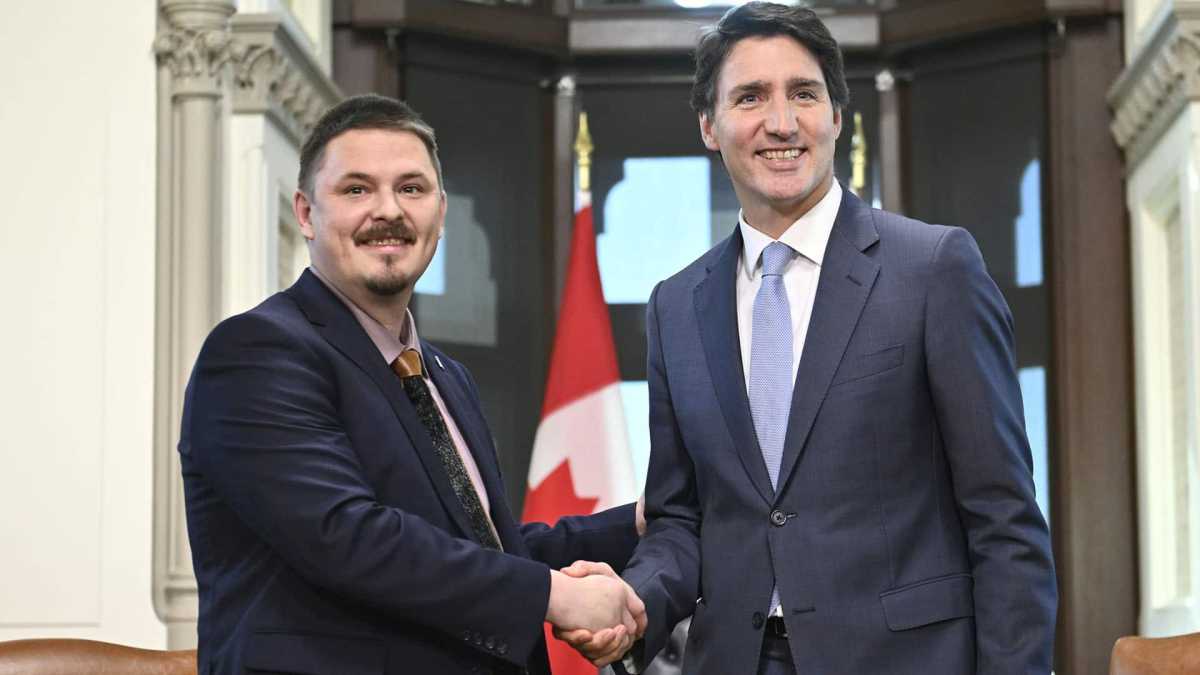Politics
Nunavut Takes Over Land and Resource Responsibilities from the Federal Government

Nearly 25 years after Nunavut became a territory, it has signed an agreement with the government of Canada to have the final say over a long list of decisions that were typically made in Ottawa. Prime Minister Justin Trudeau, Premier P.J. Akeeagok, and Nunavut Tunngavik Inc. president Aluki Kotierk signed the agreement at a ceremony in Iqaluit this afternoon. The 239-page document outlines how Canada will give control over Nunavut’s land and resources to the government of Nunavut — a process known as devolution.
It’s the largest land transfer in Canada’s history, Trudeau said — two million square kilometres of land and water. Nunavut first became a territory in 1999 and has been negotiating with the federal government to have the final say over decision-making. Similar processes have been undertaken by Yukon and N.W.T.
Nunavut’s land and water management, which covers resource development, was the last area to be negotiated. Paul Quassa, a former Nunavut premier and land claims negotiator, expressed his excitement, stating that it’s like a dream come true. The devolution agreement also outlines the terms for transferring administrative control of Nunavut’s Crown lands and resources to the territorial government.
Devolution will give Nunavut the final decision-making authority and greater authority to collect royalties from development projects. Premier P.J. Akeeagok emphasized that it’s about time decisions for Nunavummiut are made by Nunavummiut. The territory will receive an additional $85 million a year from the federal government, along with one-time funding for transitional activities and training.
The agreement will require legislative changes, including repealing or replacing the Nunavut Act, to give power to the Nunavut government. It also expands the Nunavut legislature’s power and appoints a territorial minister as the final decision-maker on project proposals. Further negotiations on offshore resources will begin after signing, and the government aims to distribute job opportunities created through devolution to various Nunavut communities.












